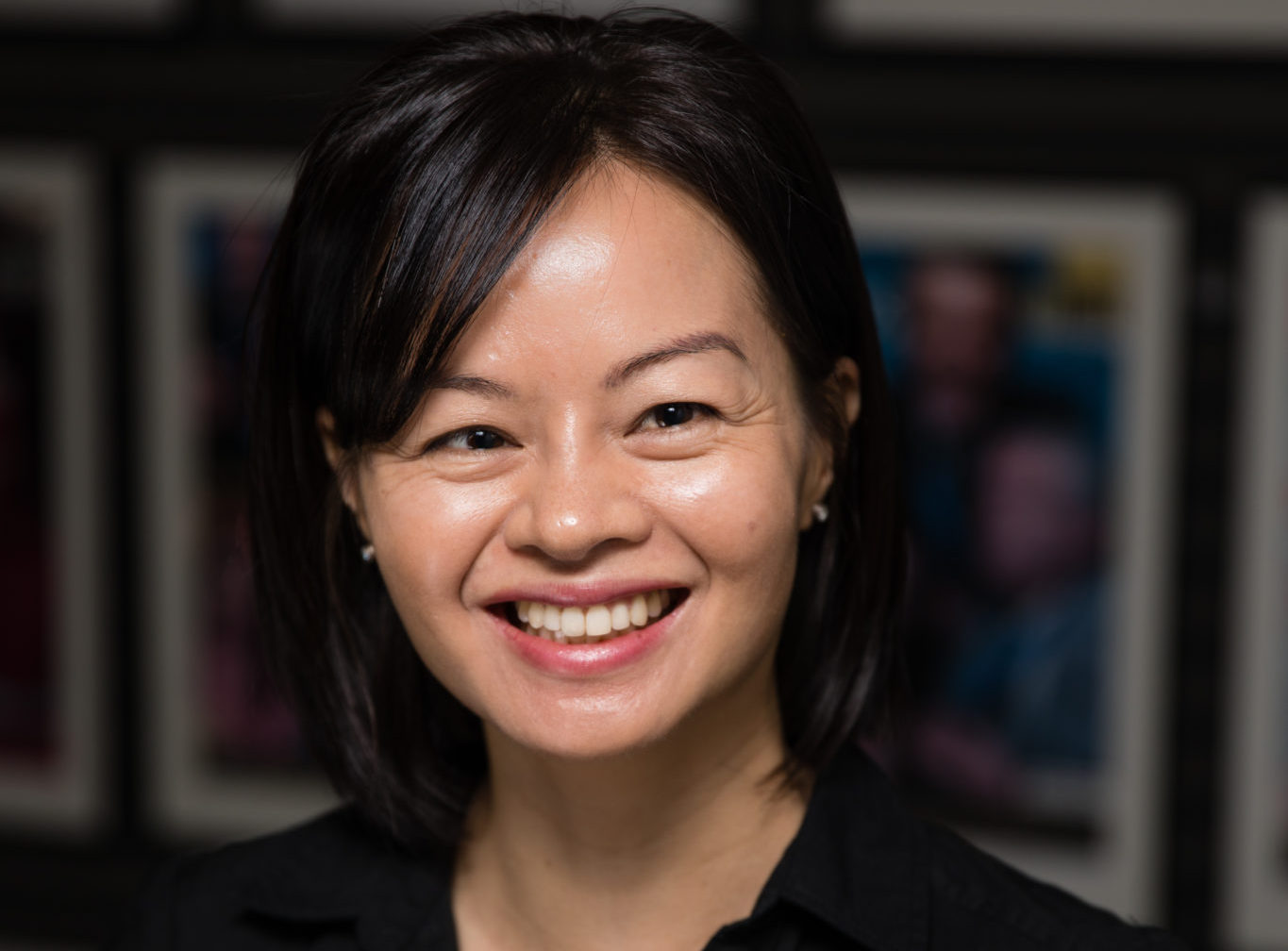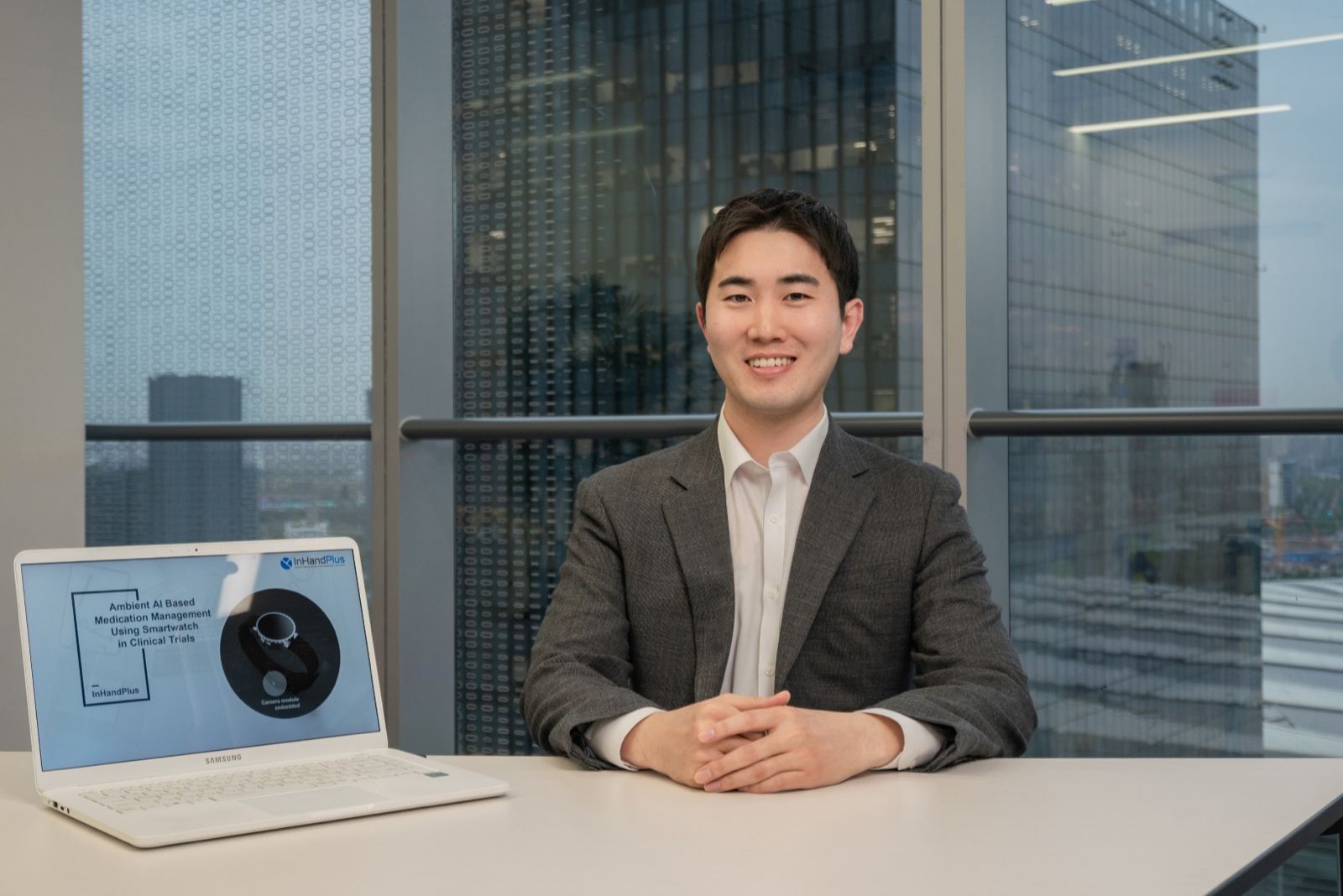AsiaTechDaily – Asia's Leading Tech and Startup Media Platform

Shelli Trung, Managing Partner for REACH Australia – Backed By Second Century Ventures – One Of The Largest PropTech Funds Globally
Shelli Trung is the Managing Partner for REACH Australia. REACH is a scaleup program for the real estate industry created by Second Century Ventures (SCV), an early-stage technology fund backed by the National Association of Realtors®. SCV is among the largest proptech funds globally with a portfolio of 100+ investments across mortgage, finance, marketing, big data and hardware including success stories such as DocuSign (IPO $6B+), August Home (sold to Assa Abloy), HouseCanary ($63M+ Series C) and Updater ($1B+).
Prior to this, Shelli was an active proptech angel investor with a global portfolio of startups from New York, Shanghai and Australia. She was the Investment Fund Manager for Queensland University of Technology CEA where she oversaw a portfolio of 30 seed/Series A investments. Shelli has spent 10 years in corporate innovation successfully deploying new technology across the banking, medical and transportation sectors.
What background and domain expertise do you have?
Shelli Trung: I spent about ten years in corporate innovation as a business improvement and change management expert across various sectors, including medical, banking, and education sectors. I have also been buying, developing, and selling real estate for the last 15 years, also both in Australia and the US. I then started my own digital media publication while living in Boston and New York, which I sold after three years. Then, I accidentally started angel investing after doing a lot of ‘giving back’ by mentoring on accelerators and incubators. After returning home from about 5 years in the US, I helped grow the investment portfolio for university funded creative tech program before bringing the REACH scaleup program to Asia Pacific.
I now lead an award-winning accelerator for scaleups who want to access the real estate industry in Australia and Southeast, so it’s a great use of my global expertise and network across corporate innovation, venture capital, and technology.
What kind of startups/ sectors have you invested in till now?
Shelli Trung: I have predominantly invested in tech companies between angel investor (first cheque, pre-revenue) to Series B across real estate tech, creative tech and impact investing. All up, about 50 investments over the last six years.
What is your typical investment range and how many startups you invest in per year in general? Additionally, can overseas headquartered startups get funding from you?
Shelli Trung: REACH Australia makes between 6-8 investments each year, and our applications are open from Oct 15th to Nov 30th for our 2021 program intake. You can find out more about the program here – https://nar-reach.com/Australia/
We accept applications for the program globally. Last year, we received applications from 12 countries. One of the key criteria is whether we think the technology will benefit the real estate industry across the Asia Pacific and if the company is ready to ‘scale’ in that region. As a sales and marketing, event-based program, we need to ensure companies are coming in to really maximize these opportunities while also educating them on how the real estate ecosystem works.
Generally speaking, we prefer Series A onwards companies, but we would love to hear from you if you have traction in the market. Even if you are a little early this year, we can provide some personalized feedback to ensure you are better placed for future years.
What mistakes do you see founders make when raising money?
Shelli Trung: Not knowing their numbers and how they plan to grow is a common one for us given we focus on growth stage companies. For an investor, we are looking for that 10x, and you need to be able to coherently tell that story to an investor.
Numbers and communication is sometimes not a strong area for many founders, which our own program concentrates on helping founders improve. Corporate venture funds have an extra layer where you will also need to articulate how you help their core business so understanding their pain points and being able to build a targeted business case around this is key.
What’s your advice to entrepreneurs who have a chance to meet investors like you? What are the top 3 questions that you always ask the founders?
Shelli Trung: Again, with our program concentrating on sales and marketing, our questions typically revolve around understanding your product-market fit, your process for securing and onboarding customers, and how sticky your product is. This gives us a good understanding of your needs to scale your revenue and whether or not you are ready for our help.
What’s your general thought about the term “Global,” and What are the important factors (criteria) for local startups to consider for international expansion?
Shelli Trung: I think a company needs to think about whether this is relevant to them. For example, many companies in China, India, and US do not need to be international to have a $B company.
For Australian companies and many Southeast Asia ones, they have to think globally from day 1, given population constraints. Companies should consider whether their current region is the right region for their product to grow quickly as it might not be the region they happen to be located in. For example, the Asia Pacific is very forward-thinking when it comes to sustainability, and we are seeing a lot of European companies wanting to tackle our region ahead of other markets.
What kind of startup or tech industry will impact the world in the future, like 2-3 years locally in your view?
Shelli Trung: As mentioned, I am quite bullish on sustainability, cleantech for APAC, and a key reason for this is according to estimates by the UN, about 1B of the rural population in APAC is migrating to the urban areas over the next 30 years. The APAC cities are set to gain 30% more people – that’s 1 in 3 people moving. How do we house every one to ensure the infrastructure can cope while ensuring optimal living and working spaces?
The current pandemic has also highlighted other areas of opportunity where we see ourselves doing our part by looking more closely at technology that can support the retail and hospitality. Can we safely reactivate the shopping experience, a hotel stay or a simple return to the office? These are problems that need solving.
What are the top-three books or movies (TV series) that changed your life and why?
Shelli Trung: Feel the fear and do it anyway by Susan Jeffries. I read this when I was quite young, and I think I was quite a conservative child, which helped me understand that many of our fears are rather irrational!
Forrest Gump – Mostly because he seemed to have had about four lives in one lifetime, including a Soldier, Ping Pong champion, Marathon Runner, and Apple investor! I thought the movie was based on a true story when I was younger as surely all of us grow up to have such a diverse range of adventures and can continuously re-invent ourselves.
Our Planet (Netflix documentary) – A more recent addition. The scenes of lion seals committing suicide off of high cliffs were pretty harrowing, and it made me question how I was living and, therefore, contribute to climate change. I’ve made some lifestyle changes as a result, and this has also influenced my views on investing. Out of the 6 investments we made in our first year of the REACH Australia program, 3 were in the smart cities space and we have 40% female lead companies. While I’d love to take credit for driving this, it’s also been the dialogue of what’s top of mind from the APAC real estate industry jointly as partners driving this vision and need – which is great to be a part of!





